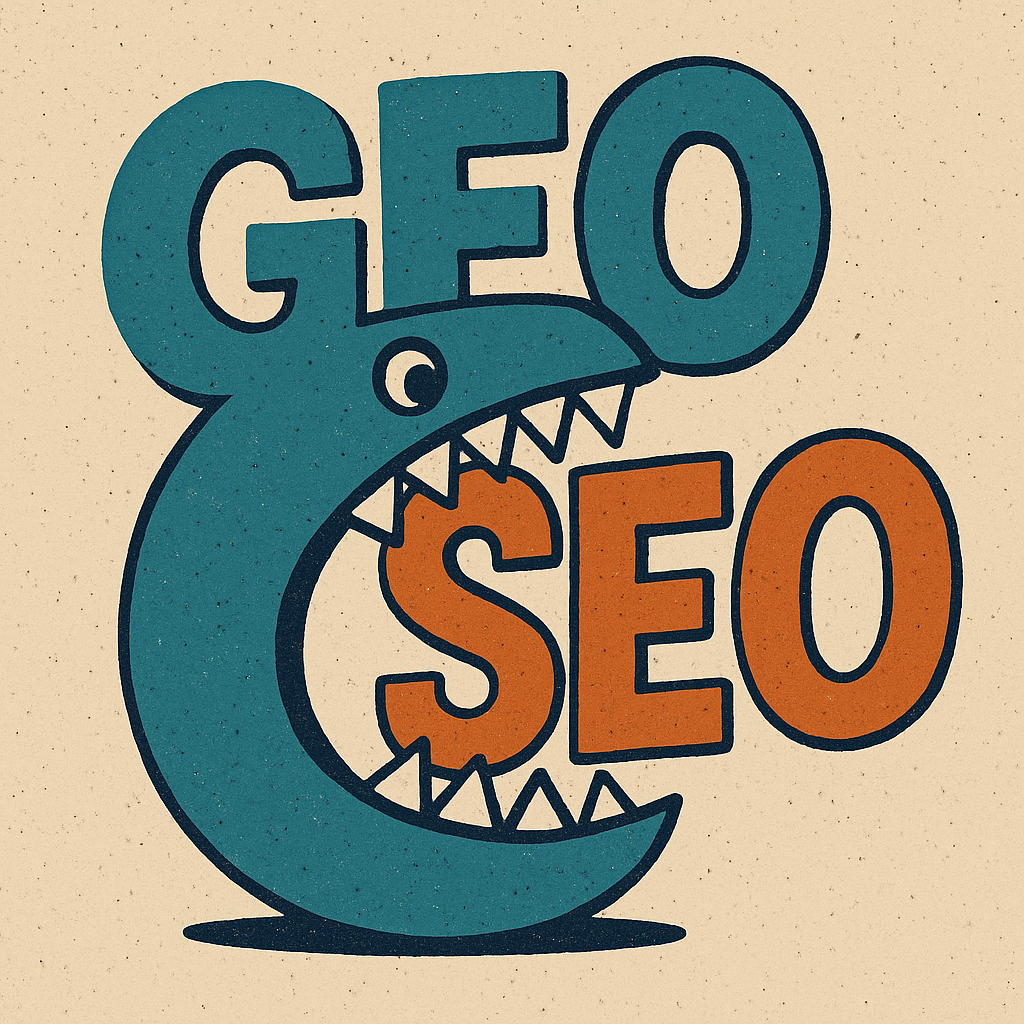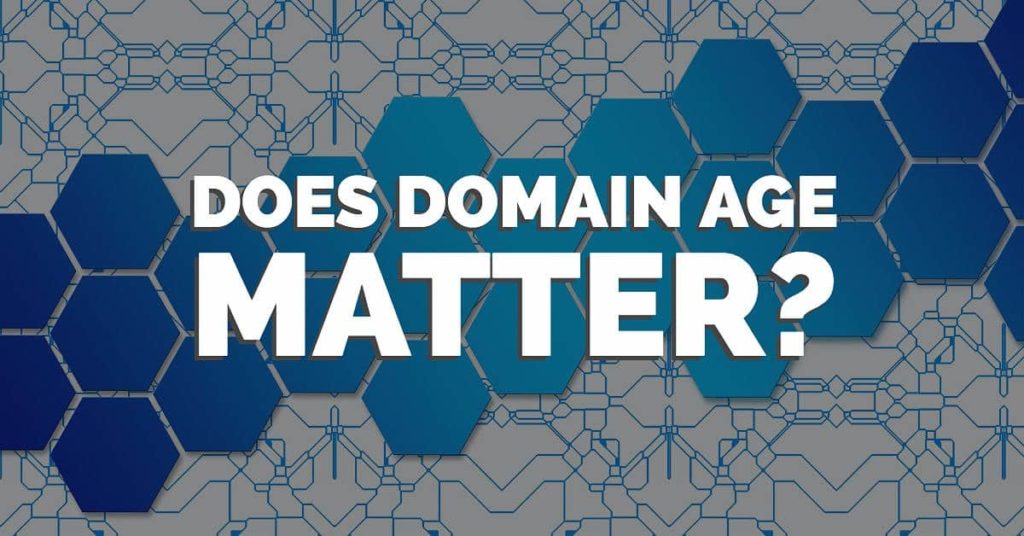Generative Engine Optimization (GEO): Your No-BS Guide to Dominating AI Search Results
Alright, let’s cut through the noise. For over two decades, One Click SEO has been navigating the ever-shifting landscape of search. We’ve seen algorithm updates come and go, fads rise and fall, and the core principle remains: help businesses get found and make money.
Now, we’re talking about Generative Engine Optimization (GEO). This isn’t just another buzzword; it’s the next frontier in search, driven by AI. It’s about understanding how large language models (LLMs) interpret, synthesize, and present information.
If you’re not optimizing for AI search results now, you’re already falling behind.
Forget the hype and focus on what truly matters: an actionable roadmap. We’re here to demystify GEO, making complex AI concepts straightforward and showing you how to generate real ROI, just like we earn your business every month without contracts. This is about staying ahead and securing your lead generation in a new era.
What Exactly is Generative Engine Optimization (GEO)?
You’re familiar with traditional SEO, right? Ranking on Google’s ten blue links. GEO is different because it focuses on optimizing for AI-powered search experiences, like Google’s Search Generative Experience (SGE). Instead of just a list of links, users now get synthesized answers, often with embedded links.
Think of it as optimizing for a conversation rather than just keywords. AI models are looking for comprehensive, authoritative, and helpful answers to complex queries. They’re not just matching keywords; they’re understanding intent and context.
This means your content needs to be structured and presented in a way that AI can easily digest and trust. It’s a technical evolution that requires a fresh approach to content creation and data presentation. We need to make it easy for AI to understand what we’re about.
Why GEO Matters Right Now for Your Business
The writing is on the wall: AI is fundamentally changing how people find information. Early adopters are already seeing the shifts in traffic patterns. If you’re not optimizing for AI search results now, you’re already falling behind.
Google’s SGE, currently in testing, is a clear signal of where search is heading. It delivers summarized answers at the top of the search results, often pushing traditional organic listings further down the page. This fundamentally changes the user journey.
For businesses, this isn’t just about visibility; it’s about lead generation. If your information isn’t appearing in these AI overviews, you’re missing out on a prime opportunity to connect with potential customers. This shift demands a proactive AI SEO strategy.
The goal is simple: ensure your business’s expertise and offerings are front and center in these new AI-powered summaries. This isn’t a future problem; it’s a present challenge that needs immediate attention. We need to adapt to this new reality.
Decoding the AI: How Generative Models Find and Use Your Content
Understanding how AI works isn’t about being a data scientist. It’s about knowing what signals these models look for. They don’t just read; they comprehend and connect information across the web.
At its core, AI uses massive datasets to learn patterns and relationships. When it comes to search, it’s looking for the most authoritative, factually accurate, and contextually relevant information to answer a user’s query. This means quality and credibility are paramount.
These generative models analyze content for factual accuracy, comprehensiveness, and how well it directly addresses specific questions. They also value information from established, trustworthy sources. Your site’s overall authority plays a significant role here.
For a deeper dive into understanding these concepts, check out our guide on decoding AI and the future of search content discovery. It breaks down these complex ideas into simple terms. AI is essentially trying to be the ultimate helpful assistant.
The GEO Playbook: Actionable Strategies to Optimize for AI Search
Now for the practical stuff. How do you actually do Generative Engine Optimization? It boils down to a few key areas that build on traditional SEO but with an AI-first mindset.
1. Prioritize Truly Helpful and Authoritative Content
This isn’t new advice, but its importance is amplified in the age of AI. AI models are trained on vast amounts of data, and they are excellent at identifying content that truly answers a user’s question completely and accurately. Thin, superficial content won’t cut it.
Your content needs to demonstrate expertise, experience, authoritativeness, and trustworthiness (EEAT). This means citing sources, backing up claims with data, and ensuring your writers or contributors are genuinely knowledgeable. We’ve talked about the importance of helpful content for a while, especially after Google’s August 2025 update and its impact on your SEO ROI.
Focus on creating in-depth, long-form content that explores topics thoroughly. Think about answering every possible sub-question related to a topic. This signals to AI that your page is a definitive resource. This comprehensive approach is key to optimizing for AI search.
2. Master Structured Data and Schema Markup
If AI is a super-reader, then structured data is like giving it a cheat sheet. Schema markup provides explicit clues to search engines about the meaning and relationships of entities on your page. This helps AI understand your content faster and more accurately.
For example, using Product schema for product pages, FAQ schema for question-and-answer sections, or HowTo schema for instructional guides can make a huge difference. These specific markups help AI extract precise information for its generative answers.
3. OTHER TECHNICAL ASPECTS
GEO does require some additional technical implementations that go outside of the scope of this article, such as E.E.A.T and the specifics on how to “feed your content” to the large AI systems such as ChatGPT.
GET YOUR BUSINESS TO SHOW UP IN AI SEARCHES
There is a lot in common between SEO and GEO. This is why One Click has launched their new service —– One Click GEO. If you look closely at what is included, much of what is provided is similar to our Local Search Marketing. That means that your existing SEO is the foundation for GEO. The good news is we can layer our GEO services over our existing digital marketing services very easily.
So if you are an existing SEO client, adding GEO to your existing set of services is very inexpensive as the foundation is already in place. For more information, please visit One Click GEO. If you are an existing client, please schedule a call to affordably adding GEO to your campaign.
Frequently Asked Questions
What is Generative Engine Optimization (GEO)?
Generative Engine Optimization (GEO) is the process of optimizing your website content and technical structure to appear prominently in AI-powered search results and generative summaries, such as Google’s Search Generative Experience (SGE). It focuses on making content easily digestible and trustworthy for large language models. This goes beyond traditional keyword ranking to encompass semantic understanding and direct answer provision.
How is GEO different from traditional SEO?
Traditional SEO primarily aims to rank pages in the ‘ten blue links’ of search engine results for specific keywords. GEO, while still valuing traditional SEO principles, focuses on optimizing for AI models that synthesize answers and provide generative summaries directly. This means emphasizing content comprehensiveness, explicit factual accuracy, and structured data, rather than just keyword density.
Why is optimizing for AI search results important now?
AI-powered search experiences like Google SGE are already changing how users find information, often presenting summarized answers at the top of results. If your business isn’t optimizing for these new formats, you risk losing visibility and potential lead generation. Proactive GEO ensures your content is considered authoritative by AI, securing your place in the future of search.
What role does helpful content play in GEO?
Helpful content is absolutely critical for GEO. AI models prioritize content that demonstrates expertise, experience, authoritativeness, and trustworthiness (EEAT), providing comprehensive, accurate answers to user queries. Content that truly helps and educates the user is more likely to be synthesized and featured by AI, making it a cornerstone of any effective GEO strategy.
Can small businesses effectively implement GEO strategies?
Yes, small businesses can absolutely implement effective GEO strategies. The core principles of GEO—creating high-quality, helpful content, utilizing structured data, and building topical authority—are accessible regardless of business size. Focusing on niche expertise and providing definitive answers for specific audiences can give smaller businesses a significant edge in AI search results. It’s about smart strategy, not just big budgets.
How do I measure the ROI of my GEO efforts?
Measuring GEO ROI involves tracking metrics beyond traditional organic traffic. Look at referral traffic from AI overviews (if available), direct answer box appearances, branded search queries, and engagement with content optimized for AI. Ultimately, the goal is to see an increase in qualified leads and conversions attributed to your improved visibility in AI-driven search results. It requires a nuanced approach to analytics.




